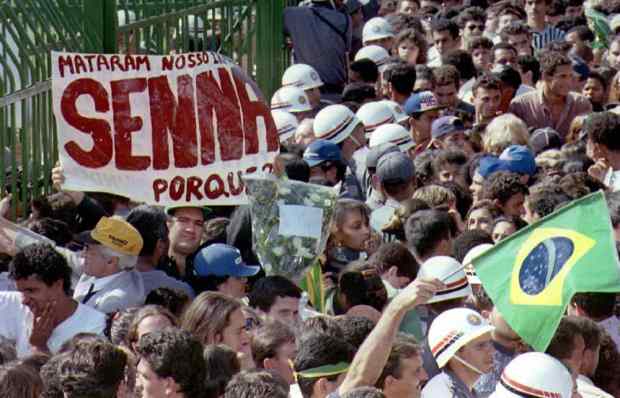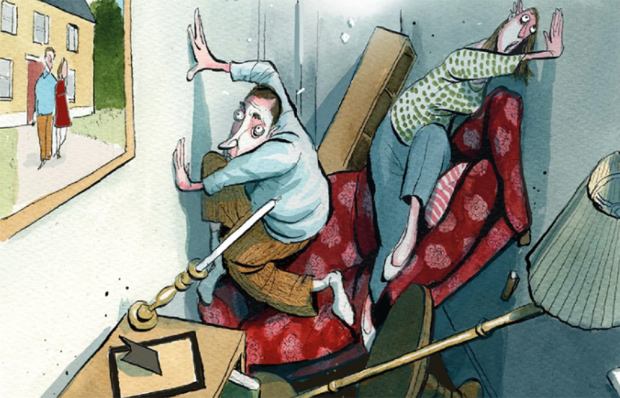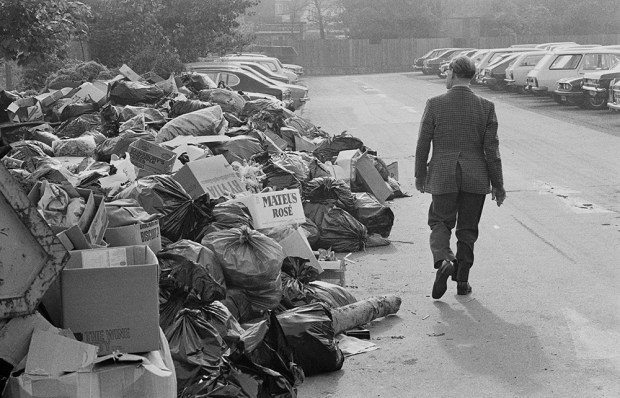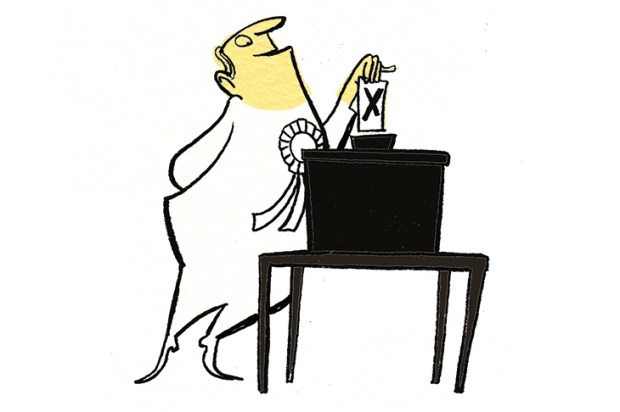Turkey and the deep state
Boris Johnson said that if Brexit was blocked, the public would blame it on the ‘deep state’. The expression comes from the Turkish Derin Devlet — coined to express the conspiracy of military, police, intelligence bodies and even organised criminals which many Turks believed were operating against their democratically elected government. It made its way into the English language in the 1990s when Kurdish separatists were threatening to declare independence. While there is little doubt that police and the military were involved in the underhand suppression of Kurdish insurgents, their efforts did not support the existence of a well-organised secret government. Rather the various agencies involved seemed to follow their own conflicting agendas — a bit like the efforts to block, and indeed to enact, Brexit.
All I need is the air that I breathe
The government launched its new Clean Air Strategy. Is air pollution getting worse? Change in emissions of common air pollutants since 1970:
Sulphur dioxide
–97%
Nitrogen oxides
–72%
Non-methane volatile
organic compounds
–10%
Ammonia
–10%
PM10 (soot and other particles between
2.5 and 10 microns in diameter)
–73%
Source: Defra
Longest-serving PMs
If Theresa May falls this week, where will she stand among previous holders of the office, in terms of length of service?
— She has already overtaken 17 former prime ministers, including Anthony Eden and Sir Alec Douglas Home.
— If she lasts until 22 February she will overtake Spencer Perceval, who was assassinated in the House of Commons in May 1812.
— After that, her next target will be to overtake Gordon Brown, for which she will have to survive in office until 1 June.
Time, gentlemen please
Has Andy Murray had to retire prematurely? He will be 32 at the time of Wimbledon in July. In the era of open tennis, only four players have won a grand slam after their 32nd birthday. They were:
Rafael Nadal (one title so far; still playing)
Andreas Gimeno (won his only title, the 1972 French Open, aged 34)
Roger Federer (three titles since he turned 32, but is still playing)
Ken Rosewall (six titles while aged 32 or above)
Got something to add? Join the discussion and comment below.
Get 10 issues for just $10
Subscribe to The Spectator Australia today for the next 10 magazine issues, plus full online access, for just $10.
You might disagree with half of it, but you’ll enjoy reading all of it. Try your first month for free, then just $2 a week for the remainder of your first year.













Comments
Don't miss out
Join the conversation with other Spectator Australia readers. Subscribe to leave a comment.
SUBSCRIBEAlready a subscriber? Log in